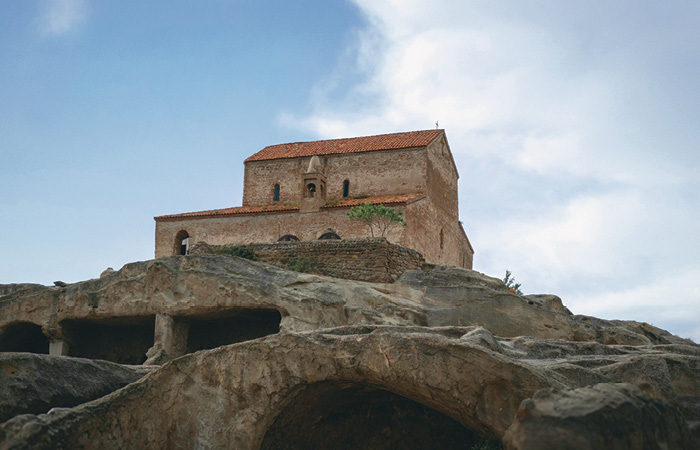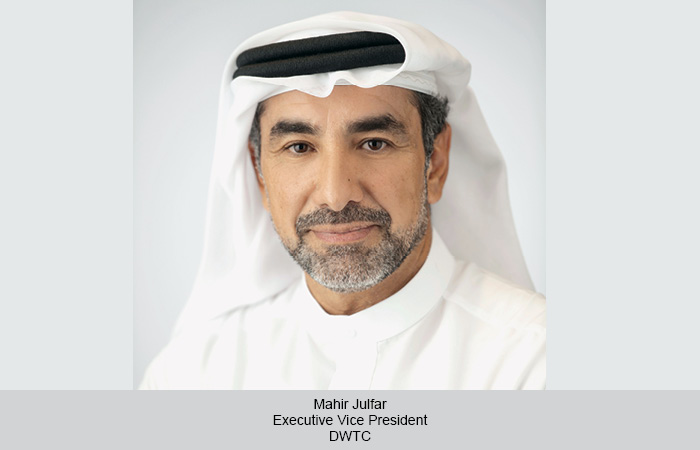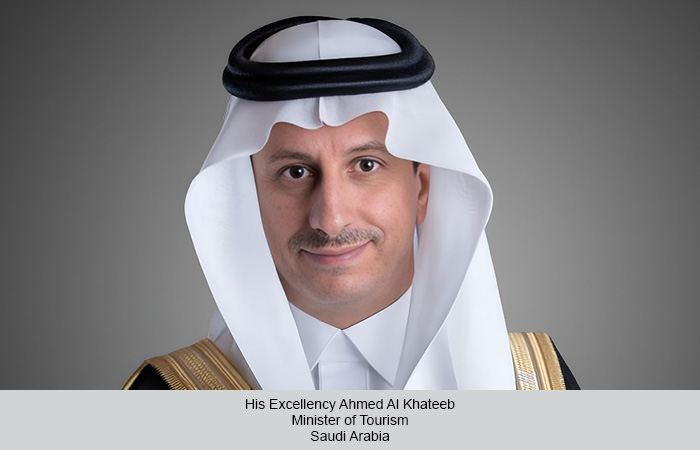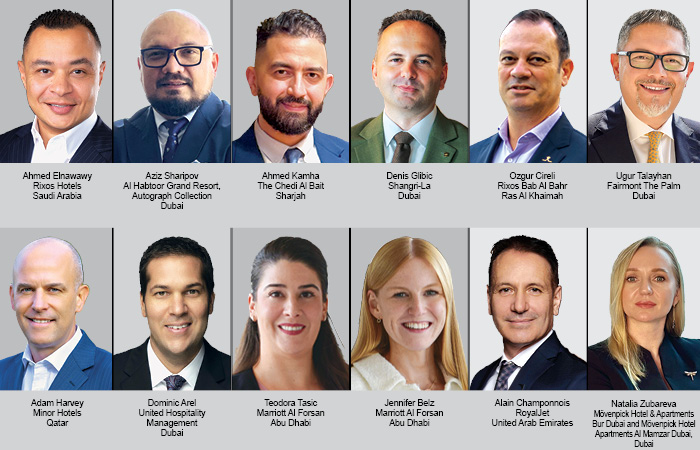More than half of HNI travellers in the GCC, compared to 43% of global total, say they are looking for more meaningful travel experiences rather than shopping and souvenirs. Of late, private yacht tours, luxury cruises, private jets and helicopters have all become part of the affluent travel, finds a perspective report by Mastercard.
TT Bureau
Although the parameters that define the rich and the super-rich can be hard to pin down, what remains constant is the fact the affluent category is driving growth in the travel and hospitality industry. While the world awaits the emergence of the first trillionaires, high-net-worth travellers contribute 36 per cent of the world’s spend on travel and 70 per cent of the spend on luxury travel, while stressing on experiences rather than
physical goods.
The hunger for new experiences in unexplored destinations, micro-trips, and a maturing tourism offering will drive growth in the global luxury travel market size, estimated at US$1.38 trillion in 2023, and likely to grow at a CAGR of 7.9 per cent from 2024 to 2030. Half of the travellers as compared to 43 per cent of the global total, say they are looking for meaningful travel experiences rather than shopping and souvenirs. Close to a quarter say they are willing to pay more for a remote destination experience.
From a generational perspective, millennials (aged 30 to 44) comprise the highest penetration of luxury seekers, followed by Gen Z (aged 15 to 29), as wealth migrates to younger generations over the 20 years to 2040. Within the GCC, however, Gen X (aged 43 to 58) are expected to drive travel. They will be responsible for US$11.1 billion, or 41 per cent of Kingdom of Saudi Arabia’s total outbound travel market value of US$27 billion by 2028. In the UAE, Gen X is expected to spend US$18.2 billion, 60 per cent of the total value of US$30.5 billion by 2028.
Inbound & outbound
The MENA region is driving growth in affluent travel. It is the only region to show arrivals 22 per cent above 2019, while much of the world is barely touching pre-pandemic levels. Istanbul, Dubai, Cairo, Jeddah, and Marrakesh have emerged as the top five most visited cities in the MENA region.The Middle East dominates the list of source markets. Kingdom of Saudi Arabia, with 27 per cent of respondents in a survey identified as luxury travelers, and the UAE with 25 per cent, are key outbound markets.
Quality luxury accommodation has become a priority, with 27 per cent saying they would pay more for villas and chalets in private locations and 21 per cent happy to splurge on luxury stays on a private island. Luxury seekers are digitally savvy with 74 per cent of those booking travel do so online. However, they also want their money’s worth in the form of exemplary pampering. Private yacht tours and luxury cruises, private jets and helicopters are all part of the super rich travel.
Bleisure is resulting in remote-work vacations, as digital nomads change the face of travel. Affluents aged 18-34 are almost twice as likely as the global average to have taken a vacation as an extension to a business trip. Hospitality spaces are responding to this by introducing study and office spaces.
High-spending loyalty users
GCC tourists are some of the highest spenders on vacation. According to Mastercard data, Kuwaiti tourists, for instance, spend an average of US$3,390 per card in Paris, five times the spending by American tourists.
 TravTalk Middle East Online Magazine
TravTalk Middle East Online Magazine





